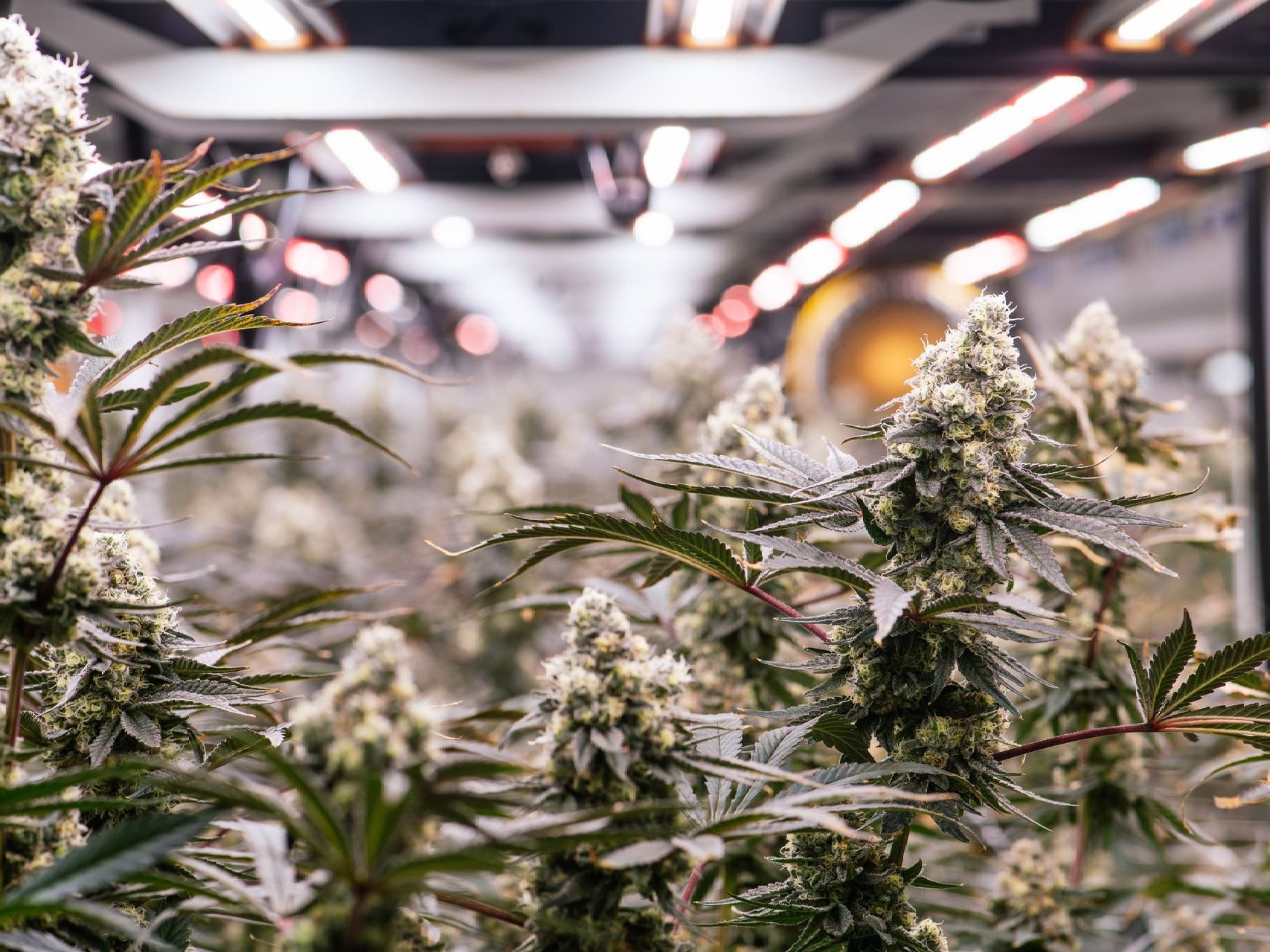Cannabis for Sleep
Why Cannabis for sleep?
Sleep is one of the most important things we do for our bodies — it affects everything from our mood to our immune system, our cognitive function and metabolic health. But even when we're exhausted, getting good sleep can be surprisingly hard. Busy schedules, constant screen time, and stress don’t help.
The good news? Natural sleep is still possible without the aid of melatonin or prescription sleep medication. Cannabis can help with sleep, but its effects depend on the strain, dosage, method of consumption, and individual response. Many people use cannabis to fall asleep faster, stay asleep longer, or manage conditions like insomnia, anxiety, and PTSD that interfere with sleep. However, the impact varies significantly depending on the chemical makeup of the product.
CBN (cannabinol) is a cannabinoid often used as a sleep aid, though clinical research is limited. It's mildly psychoactive and is believed to have sedative properties, especially when combined with THC. In addition to cannabinoids, terpenes like myrcene, linalool, and terpinolene can influence sedation and are often present in strains recommended for sleep.
THC
(Delta-9-Tetrahydrocannabinol)
The main psychoactive compound in cannabis that produces the “high.”
CBD
(Cannabidiol)
A non-psychoactive compound known for its potential therapeutic effects like anxiety relief, anti-inflammation, and pain management.
CBN
(Cannabinol)
A mildly psychoactive cannabinoid formed when THC ages; often associated with sedative effects.
What is CBN?
CBN, or cannabinol, is a naturally occurring cannabinoid found in the cannabis plant. Unlike CBD or THC, it’s not directly produced by the plant in large amounts. Instead, it forms over time as THC breaks down — usually through exposure to oxygen and light. That means older cannabis or aged hemp tends to have higher levels of CBN. CBN is non-intoxicating, meaning it won’t get you high. But it's been studied for its calming, sedating properties, making it especially interesting for people looking to support better sleep, reduce anxiety, or promote physical recovery.
Through the Entourage Effect, CBN may enhance the effects of other cannabinoids:
- With THC: May amplify its sedative properties while reducing intensity
- With CBD: Could boost anti-inflammatory effects

How does CBN work?
CBN works with your body’s endocannabinoid system — the internal network that helps keep things like sleep, mood, and stress in balance. It interacts with two main types of receptors: CB1, which are mostly found in the brain and nervous system, and CB2, which are more common in the immune system. CBN has only a mild effect on CB1 receptors, so it won’t produce a high like THC. But it connects more strongly with CB2 receptors, which may help promote relaxation and reduce inflammation — making it a natural option for supporting better sleep and recovery.
Like other cannabinoids, CBN is fat-soluble, meaning it absorbs better when taken with fats. The way you consume CBN affects how quickly and effectively it works:
- Edibles (Gummies, Capsules): Processed by the liver, leading to slower absorption but longer-lasting effects.
- Inhalation (Vaping, Smoking): Enters the bloodstream quickly but fades faster than edibles.
While research on CBN is still developing, early studies suggest it may be a natural sleep aid and offer other wellness benefits.

Have additional questions? Email us.